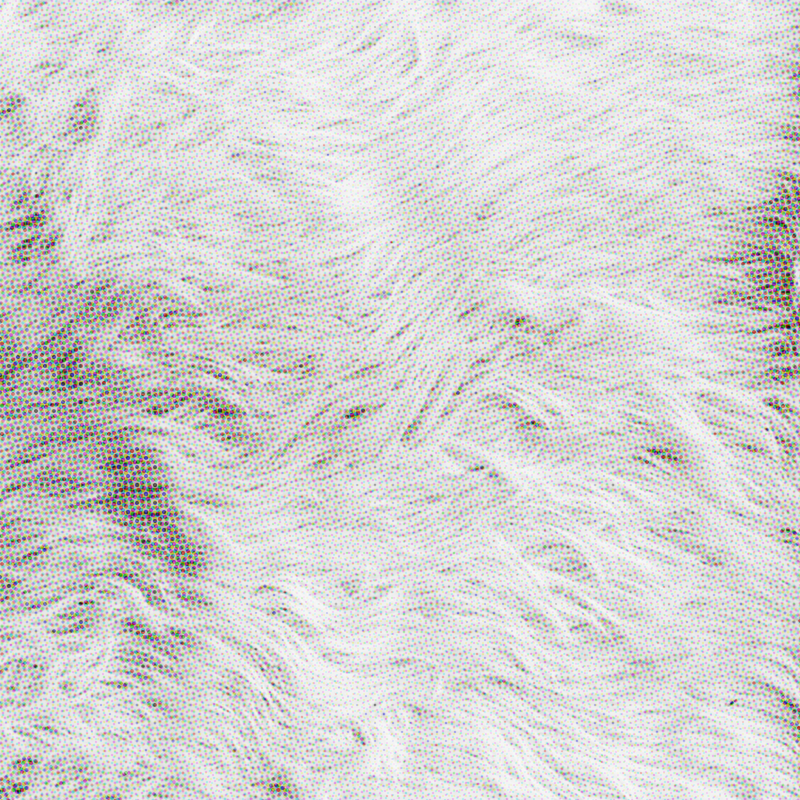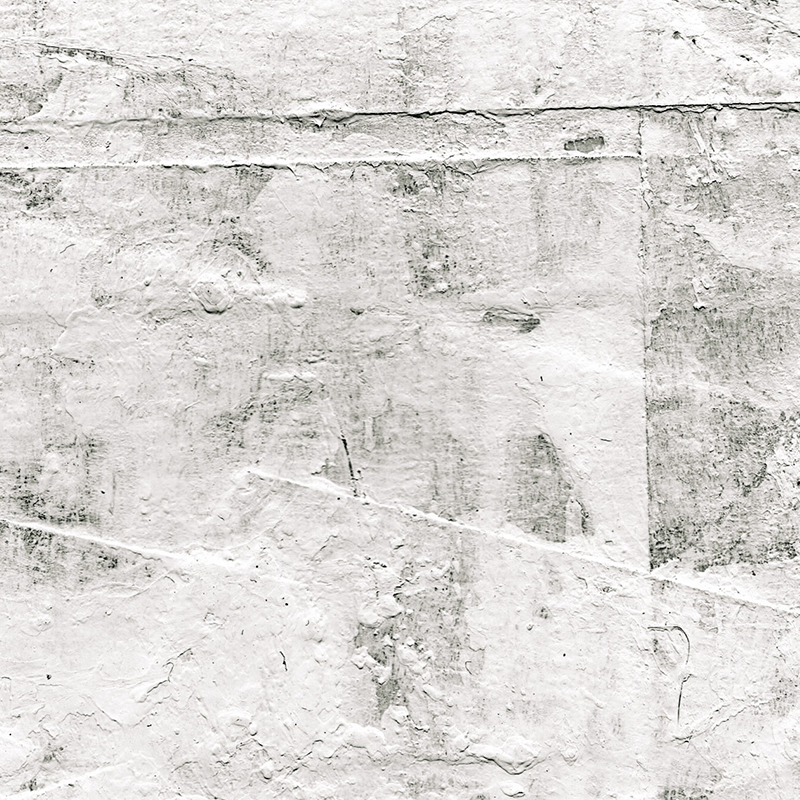
Tactility
The sensation that arises from the touch of an object is more powerful than often considered. The pulp of paper, the grain of wood, threads of fabric. As culture continues to invest in the incorporeal digital realm, the sensational offerings once given by tangible objects are drifting away.


This makes those limited moments of tactility all the more precious. Younger audiences who experience tactile interactions react as though it is an entirely new phenomena. Phones carry out a multitude of processes, yet only one tactile response occurs: flesh against glass. This single sensation that is associated with a plurality of responses begins to erode the genuineness of these interactions. The modern human is growing bankrupt of the simple pleasures of touch, as we become content with digital reality.

Haptic feedback is an attempt to artificially manufacture tactility such as in the subtle vibration as you tap an onscreen button. But no substitute can stand in for genuine, real world interaction. For in our abandonment of true tactility we begin to lose the ability to verify visual reality. The digital world has become the center of our lives. Notice how when you can’t find a business with a web presence, you suspect whether they are real at all? Or when a casual pre-meeting social media surveill of an individual returns no results, skepticism regarding their intentions is planted? Who would go to a restaurant without some kind of online assurance of food quality anymore? Digital existence is now what we regard as being true – not physicality. What is digitally discoverable is what is real not what physically exists. Investors pour billions into companies whose assets are digital and transactions are now made overwhelmingly online. For some reason, many feel that the panacea to this absence of tactility is to artificially create a new digital environment that mimics and embellishes the physical world that we already have. Augmented and Virtual Reality developers are hastily trying to implement such technology, which, once again have significant advantages and very positive applications. Although, the unintended cobra-like effects are concerning. Human tendency is to turn powerful media into a mind numbing distractor. These technologies are not truly to work in conjunction with reality, but to become irremovable apart of it. A way to plunge our consciousness in a see of mind consuming pabulum.
developers are hastily trying to implement such technology, which, once again have significant advantages and very positive applications. Although, the unintended cobra-like effects are concerning. Human tendency is to turn powerful media into a mind numbing distractor. These technologies are not truly to work in conjunction with reality, but to become irremovable apart of it. A way to plunge our consciousness in a see of mind consuming pabulum.